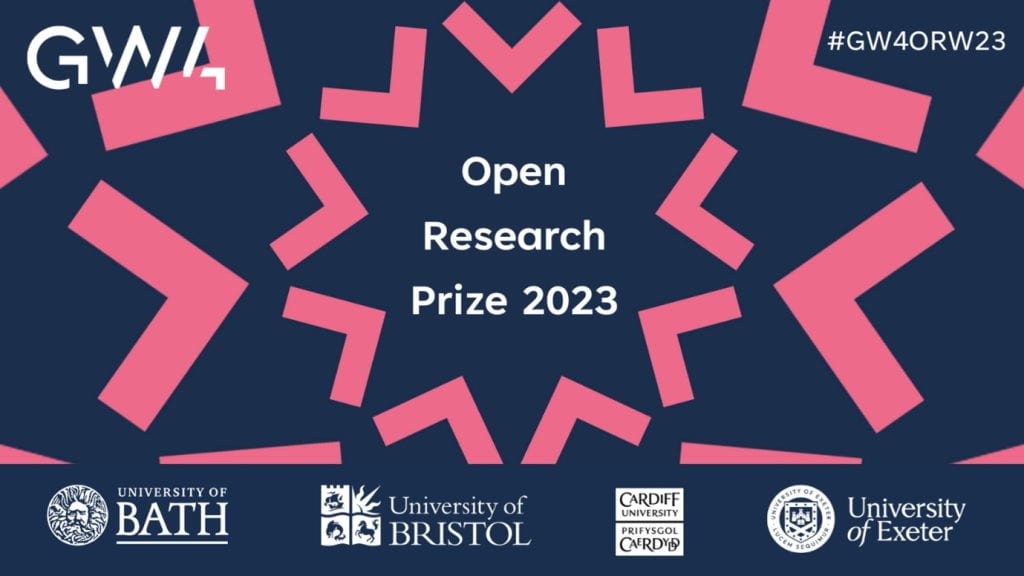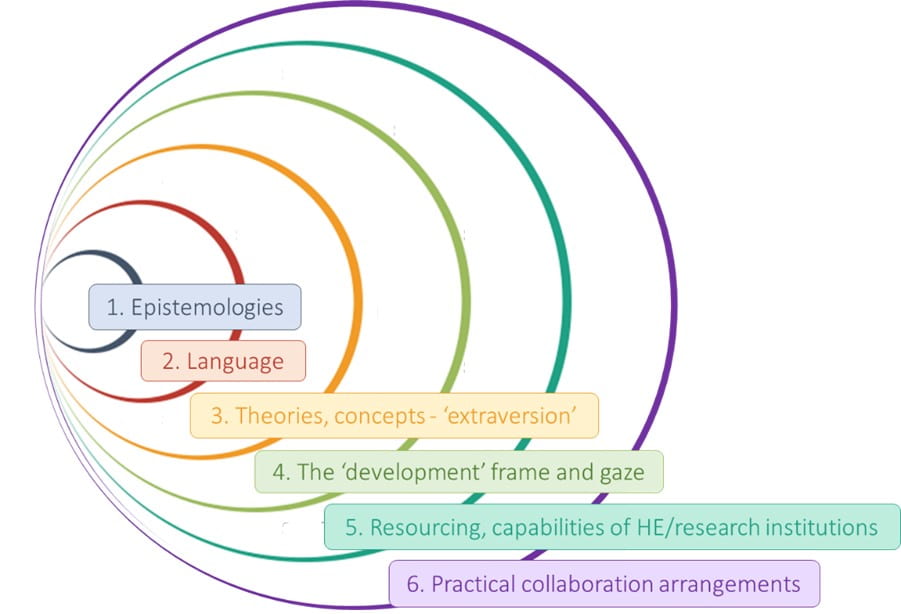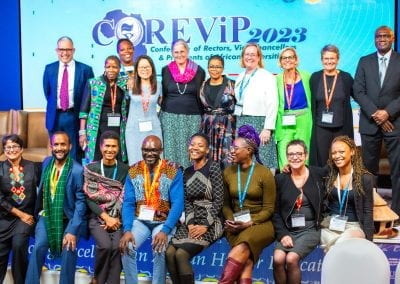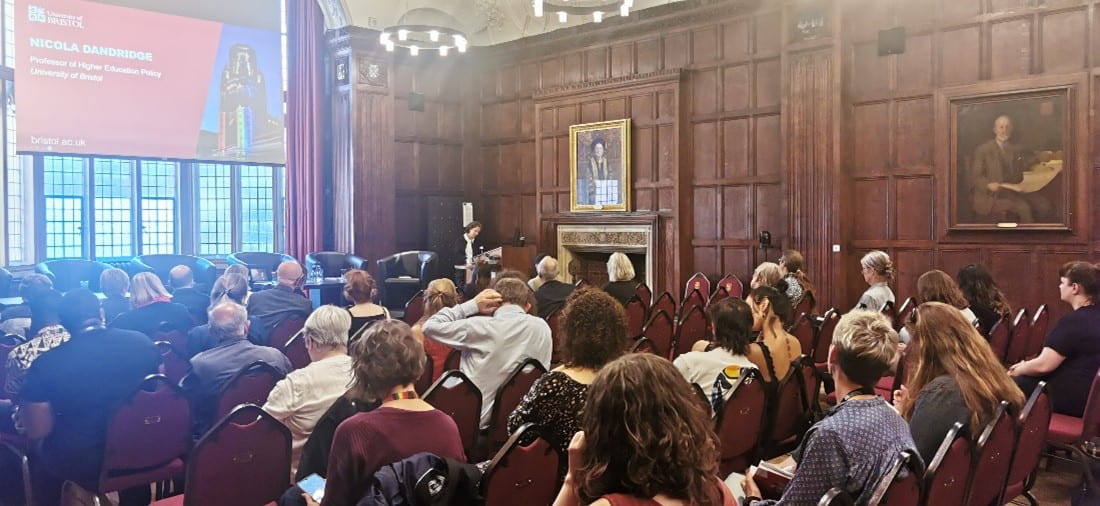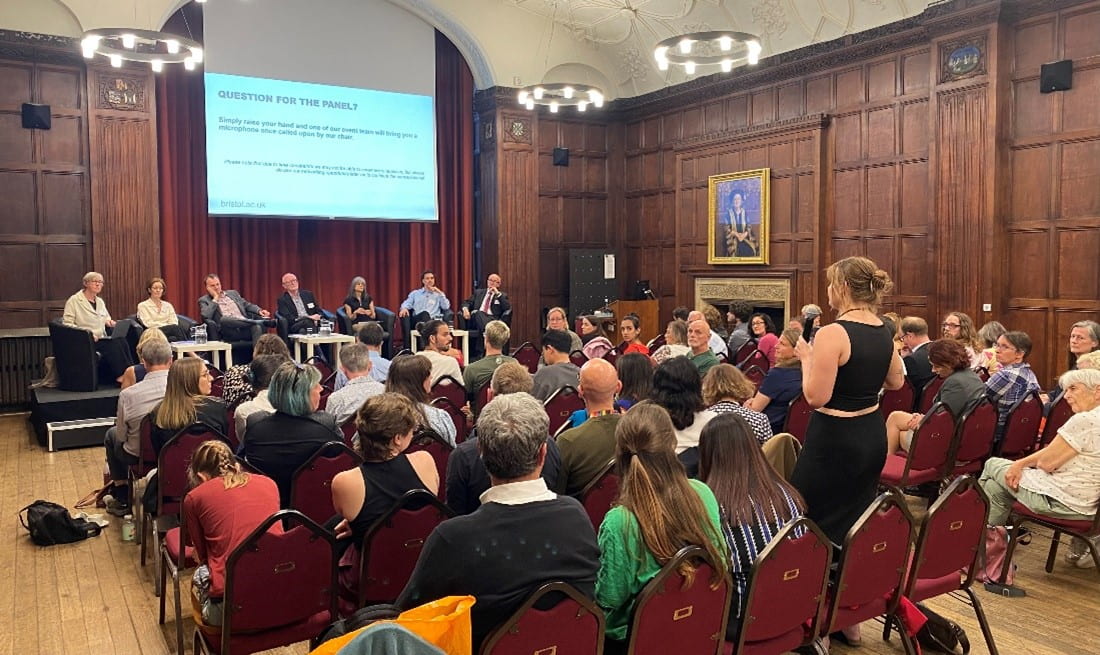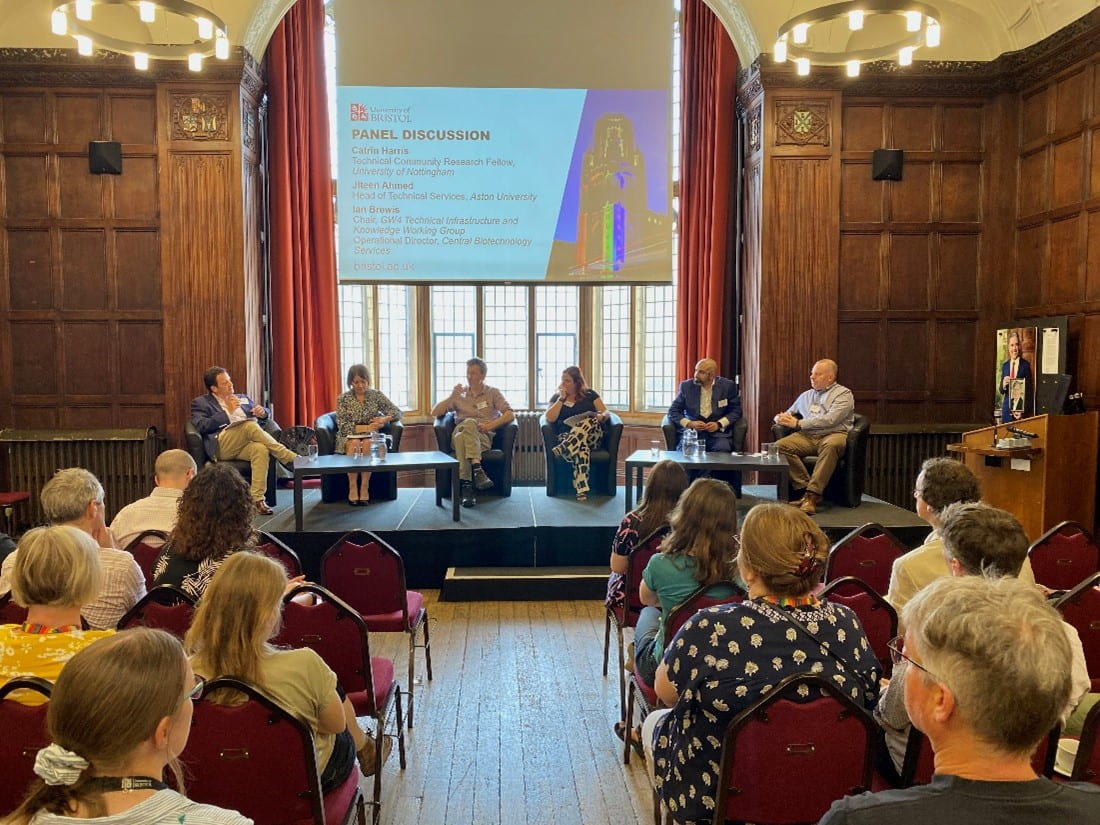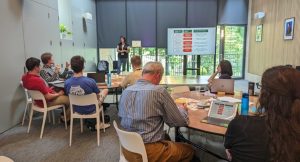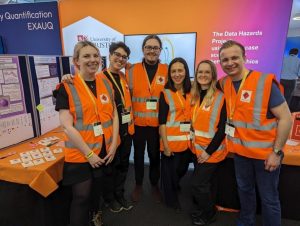By Dr. Xiyue Zhang, Dr. Isabelle Cuthbert and Kit Bartlett

Dr. Xiyue Zhang is a Lecturer in the School of Computer Science at the University of Bristol, previously a Research Associate at the University of Oxford. Her research focuses on trustworthy deep learning, integrating formal certification and practical testing. She advocates for equity, diversity, and fostering a supportive and inclusive environment in higher education.
 Dr. Isabelle Cuthbert is a Research Associate in the School of Physiology, Pharmacology and Neuroscience. Trained as a biochemist, she works on developing tools for use in neuroscience research. She hopes to inspire, support and empower other researchers to pursue impactful and innovative research in the life sciences.
Dr. Isabelle Cuthbert is a Research Associate in the School of Physiology, Pharmacology and Neuroscience. Trained as a biochemist, she works on developing tools for use in neuroscience research. She hopes to inspire, support and empower other researchers to pursue impactful and innovative research in the life sciences.

Kit Bartlett is a Research Commercialisation Associate in DREI. They work with researchers to help identify, translate and commercialise innovative ideas, tools and inventions to deliver social, economic and environmental impact. They are an EDI advocate and co-creator and co-organiser of Research to Reward (alongside Olivia Champion).
Research to Reward (RtoR) is a new commercialisation-focussed funding scheme for female and non-binary University of Bristol researchers, made possible through Research England Research Culture funding 2024/25. Our aim was to celebrate and showcase fantastic researchers, to build a more inclusive innovation culture and tangibly helping advance projects towards commercialisation.
The scheme invited entrepreneurially minded researchers to apply for a chance to pitch to a judging panel and voting audience for one of two £20,000 prizes. Along the way, the finalists received communication and pitch training as a cohort and were supported to advance their knowledge of and skills in commercialisation and innovation, culminating a 5 minute pitch to 150 people.
The two exceptional winners of RtoR, Xiyue Zhang and Isabelle Cuthbert, talk about their experiences taking part in the scheme:
Dr Xiyue Zhang

“It created a rare and empowering space where female researchers could see what was possible and see it in one another”
“It showed me how powerful it can be to build a research culture where everyone feels seen, supported, and valued”
Xiyue Zhang won £20,000 for her tool that ensures AI-driven financial models aren’t discriminatory.
Embarking on the RtoR journey has been nothing short of transformative. My journey with RtoR began on 26 November 2024 at the Enterprise Roadshow. From that very first event, I was introduced to a vibrant, diverse, and inclusive research culture. Through this journey, I was deeply inspired by the stories of brilliant female entrepreneurs and had the opportunity to connect with researchers from various disciplines, all driven by a shared passion and sense of purpose.
In January, I became part of the first RtoR cohort and began participating in training workshops, which demystified entrepreneurship and commercialisation – areas that once felt so distant from my academic world. These sessions provided an environment where every voice was heard, and every innovative idea was encouraged, guided and refined. It was impossible not to feel energised by fellow researchers’ enthusiasm and creativity. It created a rare and empowering space where female researchers could see what was possible and see it in one another.
At the final event, watching each presenter shine and share their ideas with such clarity and confidence highlighted the magic of empowerment. What struck me most wasn’t just the quality of the ideas, but the spark and culture behind them.
This journey showed me that research culture is not just about achieving one-after-another professional milestones. What made RtoR exceptional was its commitment to building a supportive and inclusive research culture – one that celebrates diversity and empowers researchers to explore innovative ideas. By centring women and bringing together voices across disciplines, the scheme encouraged diversity, nurtured innovation, and empowered them to envision and achieve impactful outcomes. Personally, it vividly showed me how powerful it can be to build a research culture where everyone feels seen, supported, and valued.
Being through this journey has not only broadened my horizon of what’s possible in my own career – it’s inspired me to cultivate a similar culture within my own research team. A culture where diverse perspectives are welcomed, and every member feels empowered to grow.
Dr Isabelle Cuthbert

“The encouragement from the audience and the sense of community from my fellow finalists left me feeling empowered”
“Commercialisation no longer feels like the distant, abstract concept it did before I applied, but something I can achieve”
Isabelle Cuthbert won £20,000 to advance microscope techniques to help fight diseases like Alzheimer’s and cancer.
I applied for RtoR in December 2024, excited by the opportunity to explore commercialisation but unsure as to where it may lead. I have always been interested in bringing research out of universities and into the real world, but actually doing it seemed really daunting. The training offered to finalists from SETsquared seemed like a great way to gain insight into the realities of commercialising an idea.
It came as a real shock to be selected as finalist! I was initially nervous to attend the first pitch training day, but the other finalists were so friendly and there was so much to take away from the experience. I felt inspired by the diverse range of ideas and innovations the finalists pitched. Everyone was so passionate about their project, and the trainers were fantastic at fine-tuning the delivery of our visions. It was clear we all grew a lot throughout the process.
The night of the event was both nerve-wracking and exciting. It was so great to see the hard work of the other finalists come to life, and it was a great opportunity to present to those outside my field. The audience’s genuine interest and warm reception made it clear that there was and is a real desire to bridge the gap between research and real-world application. The encouragement from the audience and the sense of community from my fellow finalists left me feeling empowered. This space was ours to advance.
Whilst winning the award was incredible, I have gained so much more from the experience as a whole. RtoR has completely changed how I view what I do. I feel like I belong in the entrepreneurial space now. Commercialisation no longer feels like the distant, abstract concept it did before I applied, but something I can achieve. Connecting with others who have successfully navigated this journey has been incredibly motivating and reaffirmed the value of collaboration in research commercialisation. The funding and continued support from the program will undoubtedly help me take the next steps in producing and commercialising my innovation.

Many thanks to Research England Research Culture funding for making Research to Reward a reality. We hope will continue to positively contribute to the University’s Research Culture through Research to Reward and similar initiatives for years to come.
Read the press release below for more information about the event:
March: Research to Reward | News and features | University of Bristol

 Marcus is Associate Pro Vice-Chancellor of Research Culture at the University of Bristol. He leads on research culture activity across the university, providing direction and vision, working across the institutional landscape, and identifying key challenges and opportunities. He is also institutional lead for the
Marcus is Associate Pro Vice-Chancellor of Research Culture at the University of Bristol. He leads on research culture activity across the university, providing direction and vision, working across the institutional landscape, and identifying key challenges and opportunities. He is also institutional lead for the 



